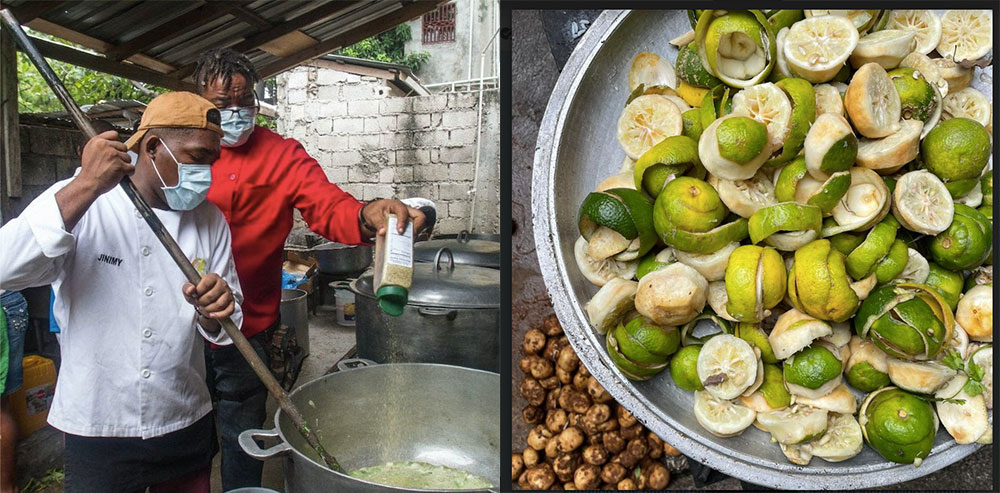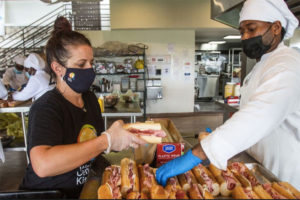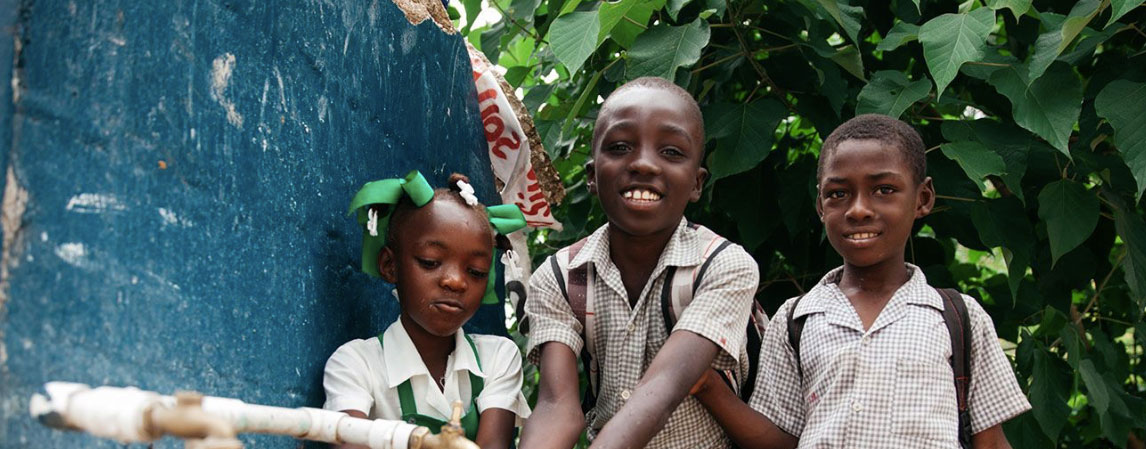
Jose Andres’s not-for-profit World Central Kitchen focuses on getting food into the hands of those who need it. / Photo courtesy World Central Kitchen/WCK.org. / Cover image from iStock.
By Nancy McKeon
ADMITTEDLY IT’S hard to pick and choose among the international disasters this moment in history is offering us. Pandemic? Assassination and government collapse? Earthquakes? Hurricanes? Lack of drinking water? Destroyed hospitals and few doctors?
Haiti, that earthquake-prone isle in the Caribbean Sea, hits all the marks. Top it off with government that has been by turns corrupt, authoritarian or simply clueless, and you have a modern-day cry for help.
Spanish-born DC chef José Andrés’s charitable organization, World Central Kitchen, is already on the ground, having dished out thousands of meals since Saturday’s 7.2 earthquake, whose death toll was about 2,100 at this writing and sure to rise.
Andrés began his not-for-profit culinary effort back in 2010 . . . in Haiti, when a slightly less powerful earthquake killed hundreds of thousands and destroyed parts of the much more populated Port-au-Prince area. In the interim, he and his team founded a culinary-training school on the island nation, and therefore were in a particularly strong position to hit the ground running.

Who will help the helpers? World Central Kitchen began its mission by providing nourishment for relief workers operating round-the-clock in emergency situations. / Photo courtesy of World Central Kitchen/WCK.org.
I’ve contributed to WCK in the past (oops, just did it again) because there have been so many places where WCK and now its associates worldwide have stood out for taking care of people in need—e.g., Puerto Rico after Hurricane Maria, Louisiana after Hurricane Barry, Kincade Fire firefighters in California in 2019, 1.25 million meals for healthcare workers during India’s second Covid wave, etc. I donate in part because I know Andrés and his ethic; but that is underscored by Charity Navigator‘s “Encompass” rating of 100 out of 100, with 82.8% of its 2019 funds having gone to its mission (which includes working with farmers and future chefs), not administrative expenses or fundraising.
A recent New York Times piece pointed me to several other small, quick-to-respond organizations. One, Hope for Haiti Inc., based in Naples, Florida, gets a four-star rating from Charity Navigator. In 2019, the most recent data available, a solid 95.9% of its spending went to its programs, which focus on clean water, healthcare, education and infrastructure—you know, all the things a good government is supposed to take care of. Only 2.1% of its funds went to fundraising (which may be why I had never heard of it) and a mere 1.9% to administrative costs. I wish my own household budget were as well managed.
The place most affected by Saturday’s earthquake is the farming community of L’Asile, on the rural southwest peninsula of Hispaniola, the island Haiti shares with the Dominican Republic. Only a cruel god could have allowed so much devastation to be visited upon the small French-speaking nation. But only an exceptionally cruel one could have allowed the epicenter to be so named: in French, asile means “asylum.”
This month in Haiti, L’Asile has been anything but.

One of the focuses of Hope for Haiti is developing infrastructure so residents will have access to clean drinking water, a pretty basic need not necessarily provided by the government. / Photo courtesy of Hope for Haiti Inc.
